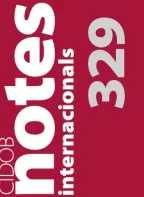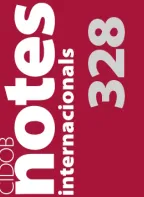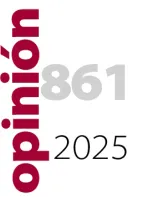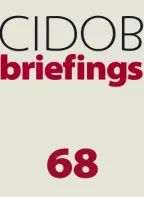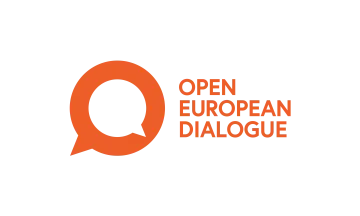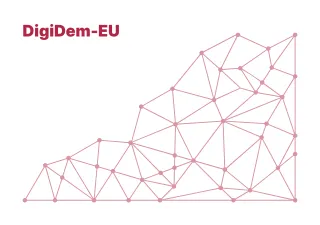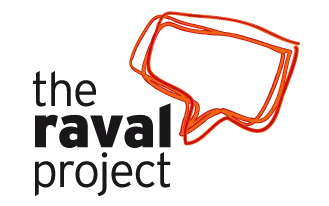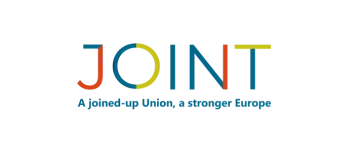Héctor Sánchez Margalef
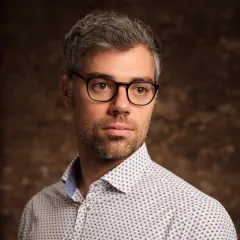
Research Fellow
Héctor Sánchez Margalef is a Research Fellow at CIDOB (Barcelona Centre for International Affairs). He holds a BA in Political Science and a MA in International Relations, Security and Development by Autonomous University of Barcelona in 2012 and is PhD candidate at the University of Barcelona. Before joining CIDOB he worked as an intern in the Research Institute for Managing Sustainability (Vienna) and the European Institute of the Mediterranean (Barcelona). In 2013 he joined CIDOB as a research assistant of the Greater Mediterranean area. Later he joined CIDOB’s expert team as researcher in his areas of study: European politics and integration dynamics, new political movements and democracy and participation. He has worked in private and public funded projects such as the Mercator European Dialogue, FACTS, EU Idea and The Raval Project. He speaks Catalan, Spanish, English and French.
